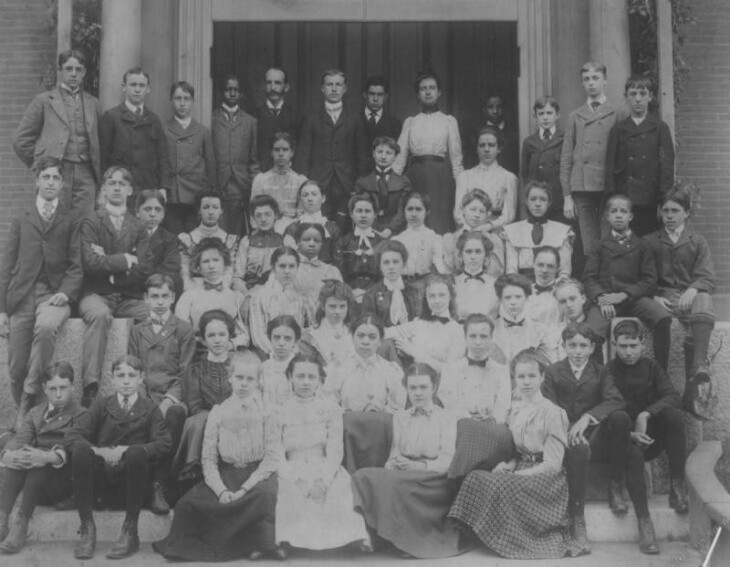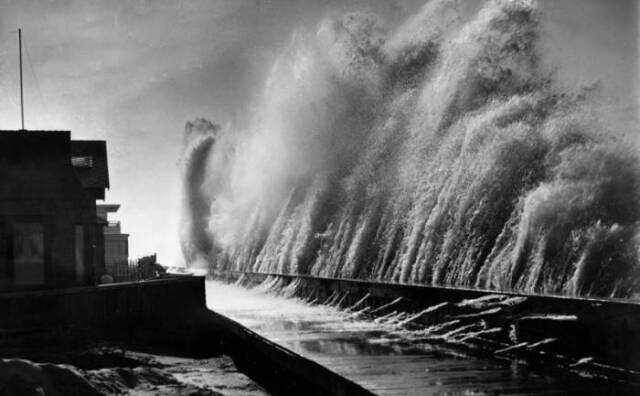On March 30, 1952, a small, plump woman in her late 70s took the stage at the Progressive Party Convention in Chicago. Aware she would be making history, Charlotta Spears Bass had prepared for this moment, writing version after version of her speech until she knew what she wanted to say. As the longtime publisher and owner of influential Los Angeles-based Black newspaper The California Eagle, Bass had a way with words. She began:
"This is a historic moment in American political life. Historic for myself, for my people, for all women. For the first time in the history of this nation, a political party has chosen a Negro woman for the second highest office in the land."
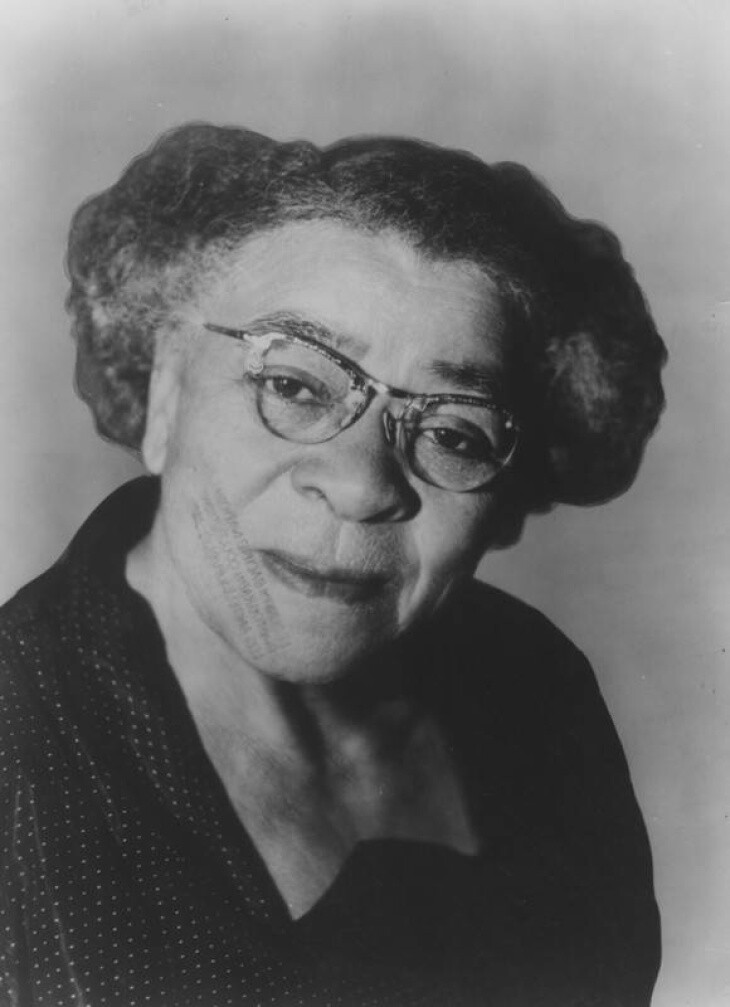
At a time when Jim Crow and segregation still ruled much of America, the nomination of Bass as Vice President, alongside liberal lawyer Vincent Hallinan who was running for President, was remarkable, even if it was on the minor, third-party Progressive ticket.
Bass, who had spent 50 years fighting for equality and justice from her home base in Los Angeles, knew she was standing on the shoulders of giants. She continued:
"It is a great honor to be chosen as a pioneer. And a great responsibility. But I am strengthened by thousands on thousands of pioneers who stand by my side and look over my shoulder -- those who have led the fight for freedom -- those who led the fight for women's rights -- those who have been in the front line fighting for peace and justice and equality everywhere... These pioneers, the living and the dead, men and women, black and white, give me strength and a new sense of dedication."
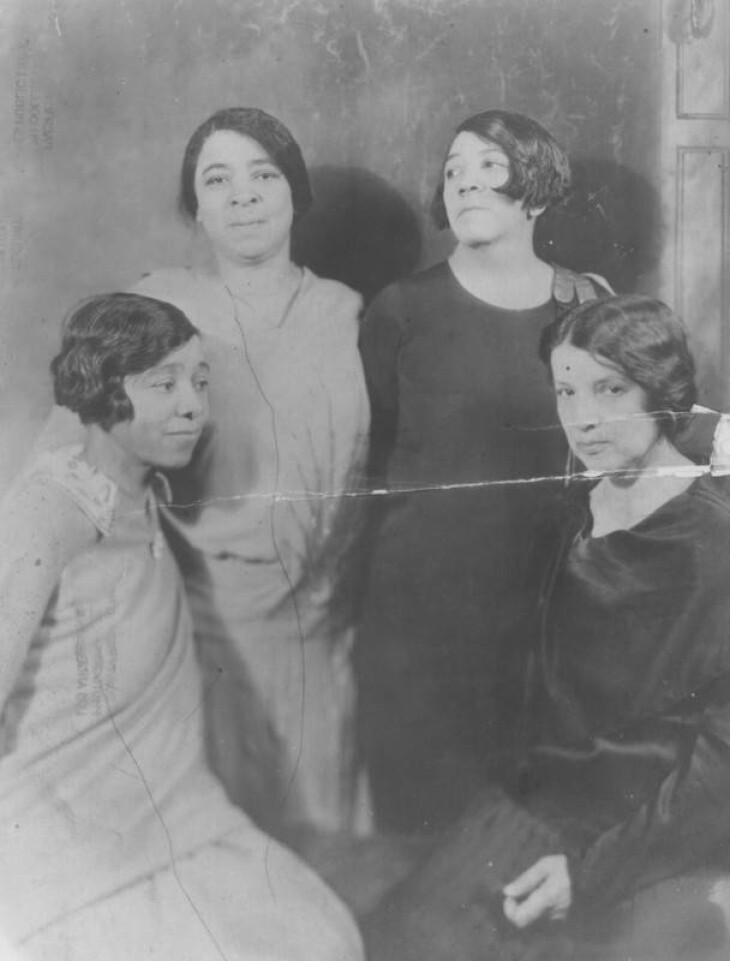
When Kamala Harris, another Black woman from California, was recently announced as the Democrats' choice for Vice President, Bass's remarkable life was, once again, thrown into the national spotlight.
On August 26, 2020, the American Masters YouTube Channel debuted Unladylike 2020, featuring Bass's life story. Directed by Charlotte Mangin and narrated by Lorraine Toussaint, the episode also includes a profile of journalist Nikole Hannah-Jones, creator of the 1619 Project, who cites pioneers such as Bass among her inspirations.
For nearly 30 years, Bass published The California Eagle out of a small office on Central Avenue in the heart of Black Los Angeles. In 1951, money troubles forced her to sell the paper to her nemesis (and former employee), civil rights legend Loren Miller.
She plunged headfirst into social issues in racist, redlined Los Angeles. She soon became known as a person who could get things done, often with little regard for her personal safety. Over the years, she would launch the national "Don't Buy Where You Can't Work" campaign in L.A., demanding employers such as the Southern Telephone Company and Los Angeles General Hospital institute fair hiring practices.
To hear more about the life of Charlotta Bass, listen to Take Two's segment, featuring historian Robert Peterson. It starts at ~34:00.
Her husband and co-editor, Joseph, tried to temper her activities. "Mrs. Bass, one of these days you are going to get me killed," he would often say. "Mr. Bass," she'd reply, "it will be in a good cause."
In her vice presidential nomination speech, Bass laid out some of her boldest acts in the fight for equality and justice:
"I have stood watch over a home to protect a Negro family against the outrages of the Ku Klux Klan. And I have fought the brazen attempts to drive Negroes from their homes under restrictive covenants... I have stormed city councils and state legislatures... demanding real representation for my people."
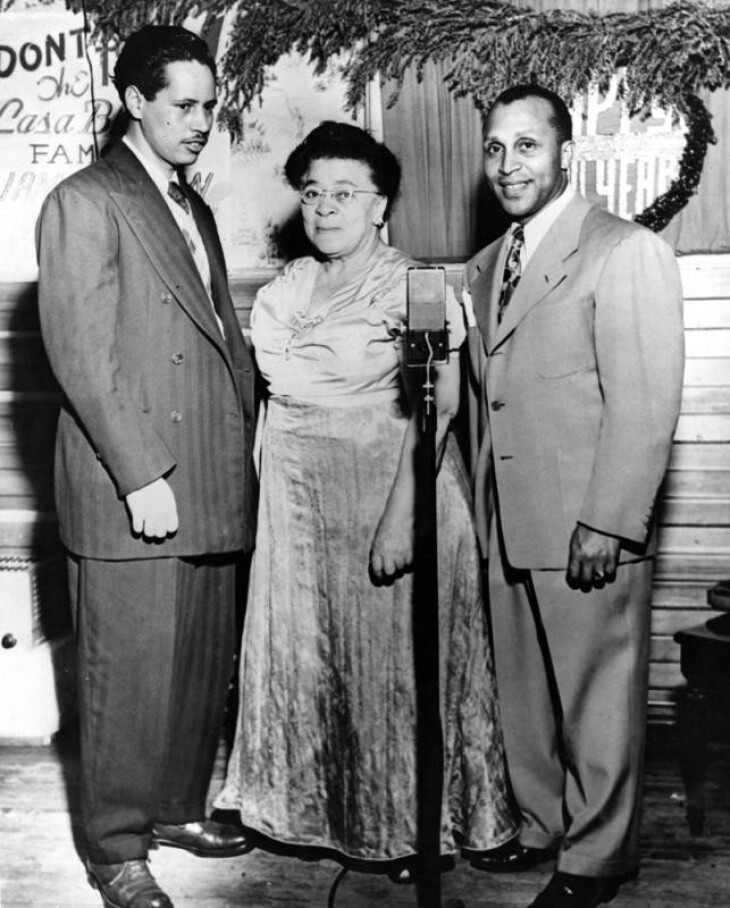
According to Sandra Rattley, executive producer of Unladylike 2020, Bass's use of picket lines, boycotts, protests and political pressure are powerful techniques, still used today. "She was a foremother in a lot of ways, really, not just to address issues but to show strategies that were successful in addressing them," Rattley says. Bass also knew that a sexist society would respond better to a "gentle" woman who was advocating for change. "Bass was relentless in her courage and in stepping out and stepping forward but she also always showed up with a hat on, and representing almost a grandmotherly presentation," Mangin says. "While her activism was distinct, in some ways she married it with a warm and grandmotherly approach."
Bass practiced what she preached. According to Rattley and Mangin, she made sure the Eagle's newsroom reflected L.A.'s diverse population by hiring Black, Latinx and Asian-American staffers. "I think she really operated in a way that many journalists of color continue to operate today -- as the eyes and ears of their communities, and to be able to report on and raise issues that will not show up in mainstream media," Rattley says.
Bass worked on numerous causes, advocating for the rights of women, people who had been persecuted for their political beliefs and victims of police brutality. In her acceptance speech she recounted:
"I have walked and will continue to walk in picket lines for the right of all men and women, of all races, to organize for their own protection and advancement. I will continue to cry out against police brutality against any people, as I did in the infamous zoot suit riots in Los Angeles in 1944, when I went into dark alleys and reached scared and badly beaten Negro and Mexican American boys, some of them children, from the clubs and knives of city police. Nor have I hesitated in the face of that most un-American Un-American Activities Committee -- and I am willing to face it again."
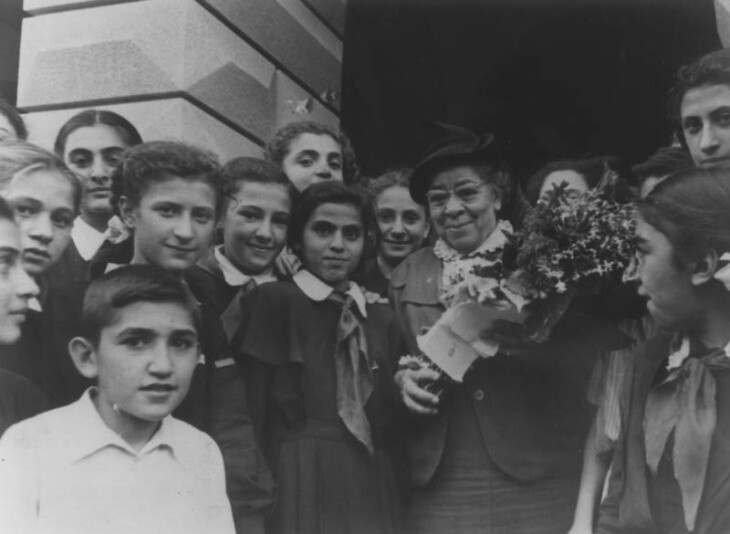
For 30 years, Bass was an active Republican who became increasingly involved in state and national politics. But even as she moved up the ranks, she was disillusioned by her marginalization within the party. "I remember 1940, when I was chosen as Western Regional Director for Wendell Wilkie's campaign for the pre-Republican headquarters right here in Chicago. I found two worlds. Upstairs was a world for white Republicans and down below was the world for Negro Republicans," she recalled in her acceptance speech.
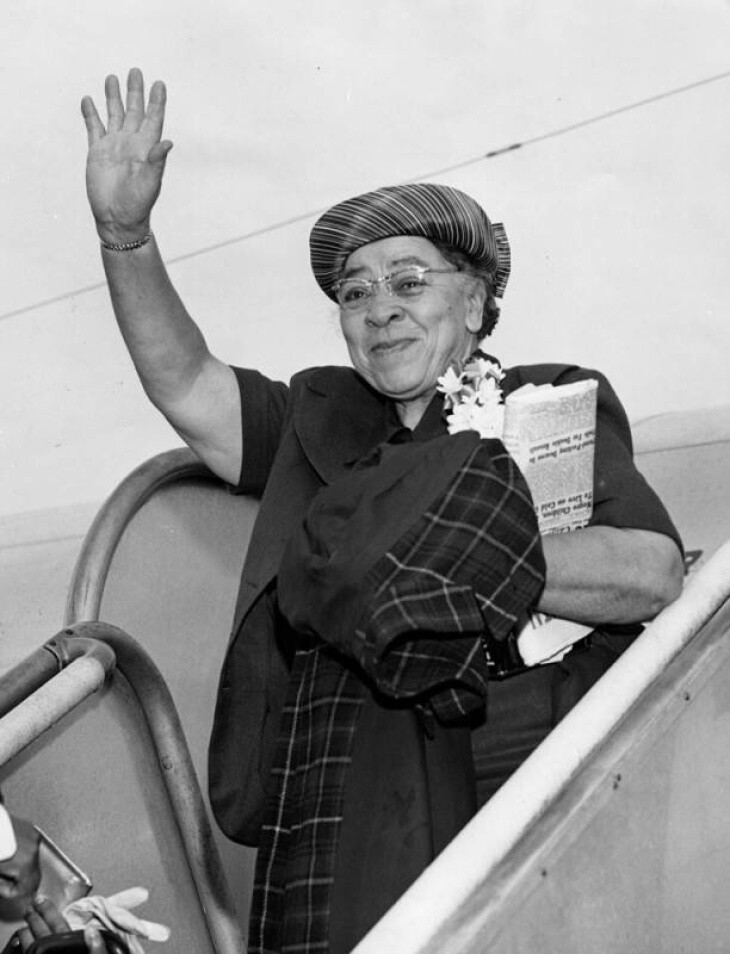
Her disappointment with both major parties deepened after World War II. In 1945, she ran as a non-partisan candidate for a seat on L.A.'s City Council but lost. By 1948, she was done with both Democrats and Republicans. Instead, Bass helped organize the new anti-Korean War, anti-imperialism, pro-labor Progressive Party and campaigned tirelessly for its first presidential candidate, Henry Wallace. In 1950, she launched an unsuccessful bid for congress.
While in the short-lived 1948 Progressive Party (it disbanded in 1955), Bass said, "I found that one political world that could provide a home big enough for Negro and white, for native and foreign born, to live and work together for the same ends -- as equals."
Along with Black pioneers such as Paul Robeson and W.E.B. Du Bois, Bass found in the Progressive Party, an organization that she could help shape and lead. "Can you conceive of the party of Taft and Eisenhower and MacArthur and McCarthy and the big corporations, calling a Negro woman to lead the good fight in 1952?" she asked in her acceptance speech. "Can you see the party of Truman, of Russell of Georgia, of Rankin of Mississippi, of Byrnes of South Carolina, of Acheson, naming a Negro woman to lead the fight against enslavement?"
Within the party, Bass was respected as a wise and time-tested leader. "I think the people within the Progressive Party treated her... very tenderly," Rattley says. "Every time you see her in a crowd, she's really treated with tender love. There was a recognition, I think, among people who identified as progressives in this country about what the historic moment meant."
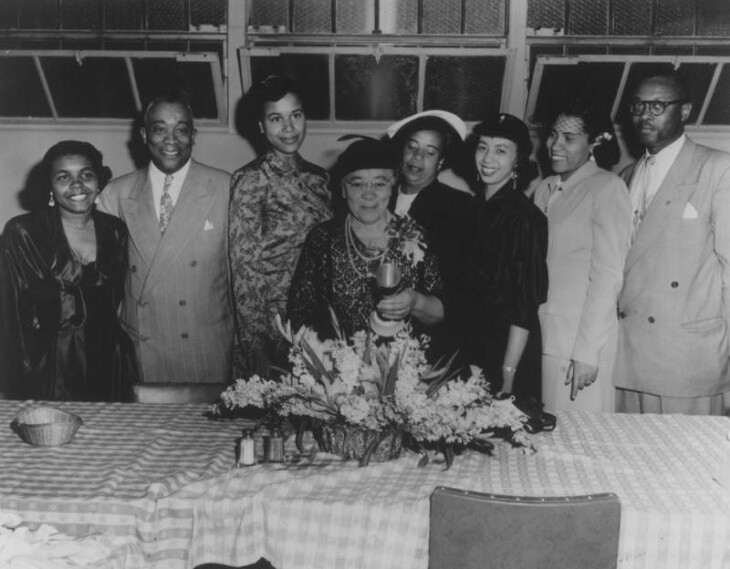
"The principal issue of the 1952 campaign is peace," Vito Marcantonio, the party's national campaign chair, told the Los Angeles Times in April 1952. The Progressive Party enjoyed support from communist outlets including The Worker magazine, which dubbed it the only "clear-headed peace vote."
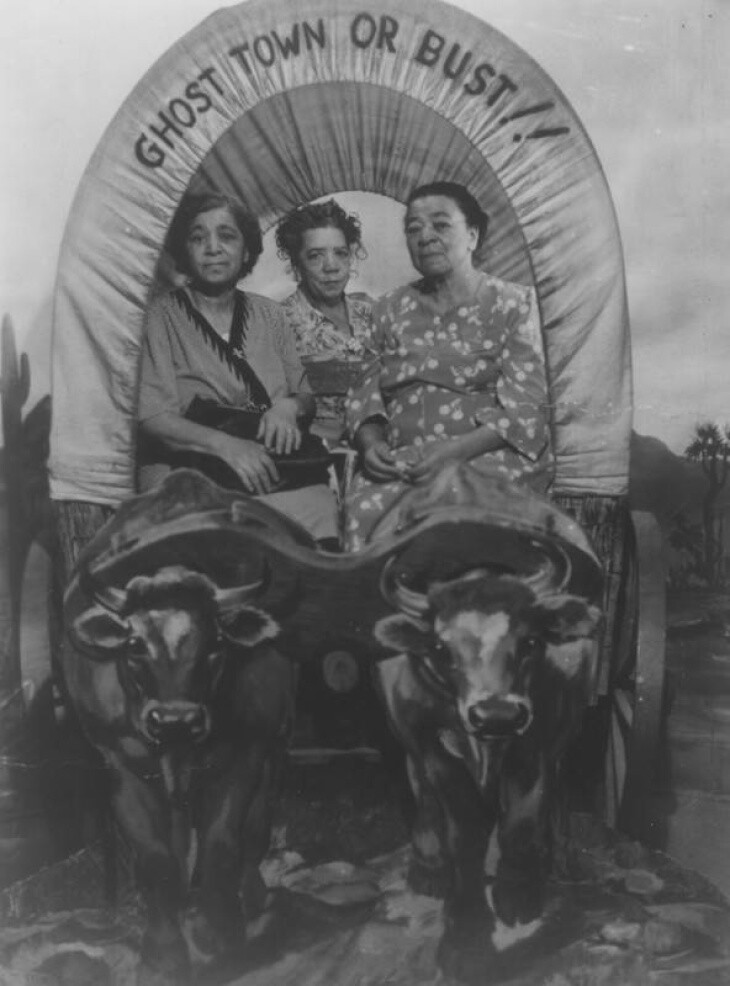
Since the party's presidential candidate, Vincent Hallinan, was in prison for contempt of court during much of election season, Bass did most of the in-person campaigning, according to The Washington Post. Her stops included a luncheon given in her honor by the Committee of Women of the American Labor Party and a large rally of progressives at Madison Square Garden, where the New York Times reported on her rousing speech:
"Mrs. Bass told the 12,000 persons at the meeting that both the democratic and republican parties had betrayed the promises they had made because their policies were geared to war. She said that 'when they spent the country's wealth on making war and preparing for war, they could not spend it on the people's security.'"
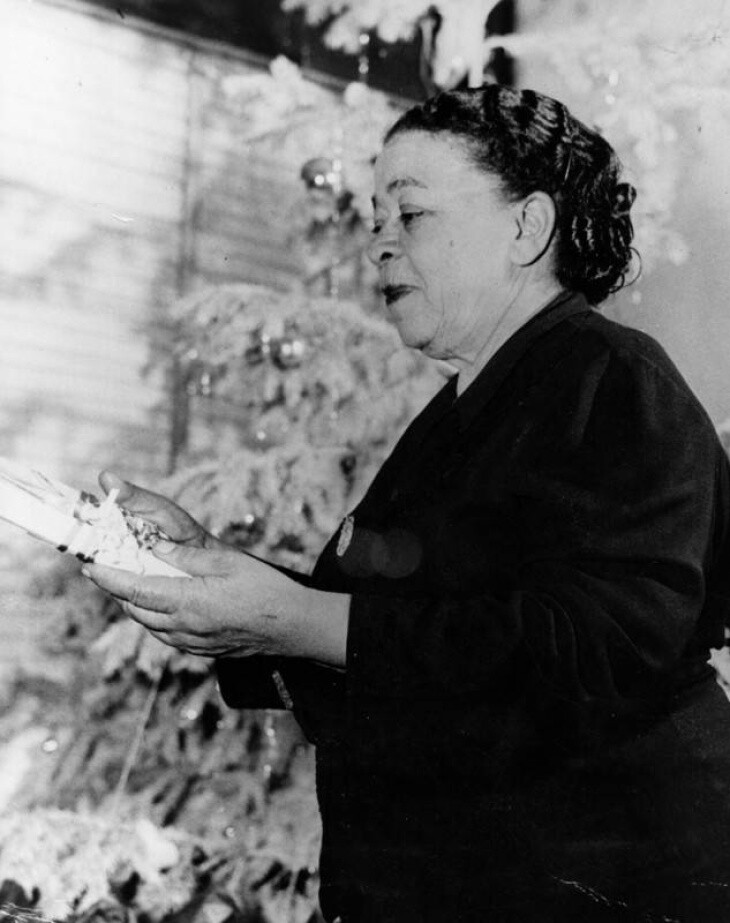
Bass also spoke frequently during the campaign about the plight of Black soldiers. While her nephew John Kinloch had died at the Battle of the Bulge in WWII, many Black soldiers who had fought fascism abroad returned home to an onslaught of discrimination and racial violence.
She also railed against the military-industrial complex. "We want the $65 billion that goes for death to go to build a new life. Those billions could lift the wages of my people, give them jobs, give education and training and new hope to our youth, free our sharecroppers, build new hospitals and medical centers," Bass said in her acceptance speech.
In the same speech, she decried the U.S. government's policy of propping up violent, racist regimes around the world:
"Yes, it is my government that supports the segregation by violence practiced by a Malan in South Africa, sends guns to maintain a bloody French rule in Indo-China, gives money to help the Dutch repress Indonesia, props up Churchill's rule in the Middle East and over the colored peoples of Africa and Malaya."
Bass and her fellow Progressive Party members were well aware their presidential ticket was symbolic. "Even though, as a historian that we interviewed said, there was no chance in hell that they were going to win, she felt that she was making an impact by raising these issues on the campaign trail," Mangin says. In fact, Bass's slogan during the campaign was, "Win or lose, we win by raising the issues."
In the end, the Progressive Party ticket garnered a mere 140,000 votes in the 1952 presidential election, Republican war hero Dwight D. Eisenhower beat Democrat Adlai Stevenson by a landslide. Bass's nomination would not be the end of her activism.
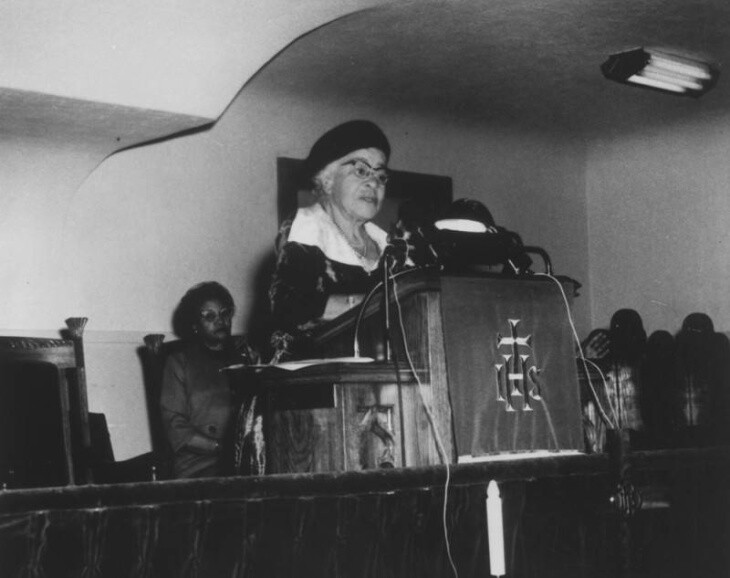
"I make this pledge to my people, the dead and the living -- to all Americans, black and white. I will not retire, nor will I retreat, not one inch, so long as God gives me vision to see what is happening and strength to fight for the things I know are right. For I know that my kingdom, my peoples of all the world, is not beyond the skies, the moon and the stars, but right here at our feet -- acres of diamonds -- freedom -- peace and justice -- for all the peoples if we will but stoop down and get them," she had said in her acceptance speech.
"She was so committed to principle, and she was so committed to doing what was right, in some ways she had little regard for the consequences on herself. If she was pushing the agenda of equality, racial equality as well as women's equality, if she was moving the needle just an inch, it was worth it to her. In some ways, I feel like her political aspirations were not ego-driven because she saw it as a means to an end," Rattley says.
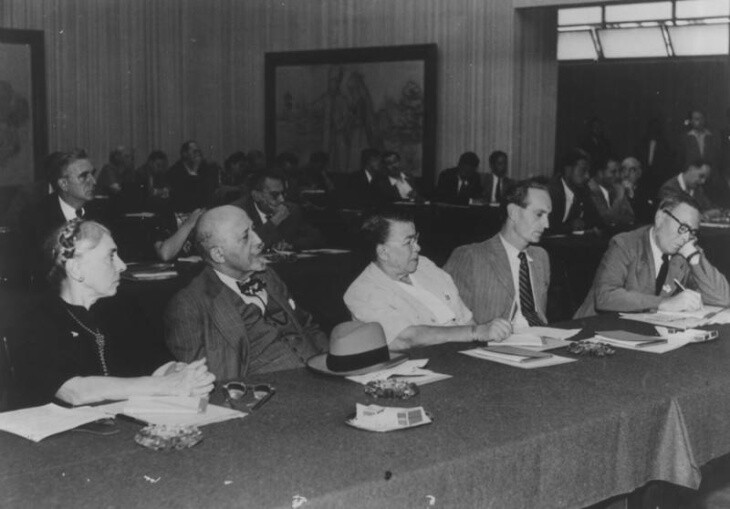
Bass would continue to work for social justice until her death in 1969 at age 95. In fact, the FBI considered her a security threat all the way into her 90s. She is buried in L.A.'s historic Evergreen Cemetery, next to her husband.
How would she have felt about the Democratic Party's nomination of Harris for veep?
"Charlotta Spears Bass was such an advocate of people of color, and of diversity, that she would be very pleased because of Kamala's background in terms of her family heritage," Rattley says. "I think that both the legislative experience and the prosecutorial experience that Kamala has had would also make her very proud. And I think she would also say, 'It's been a long time coming.'"
